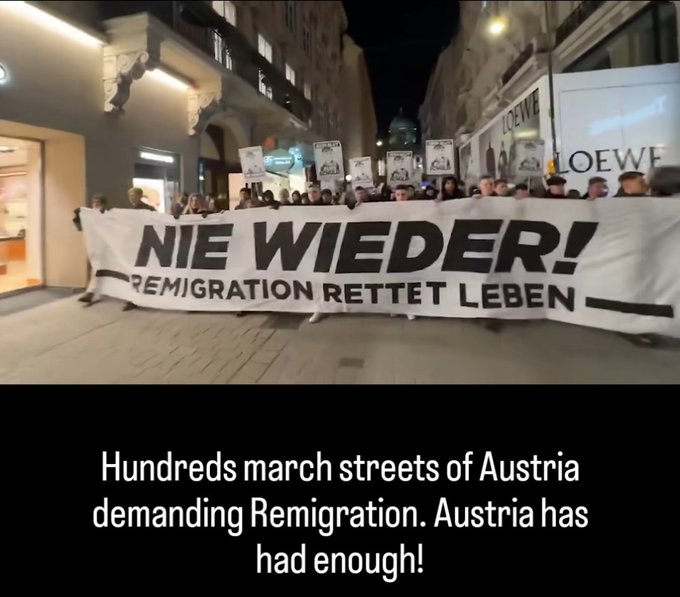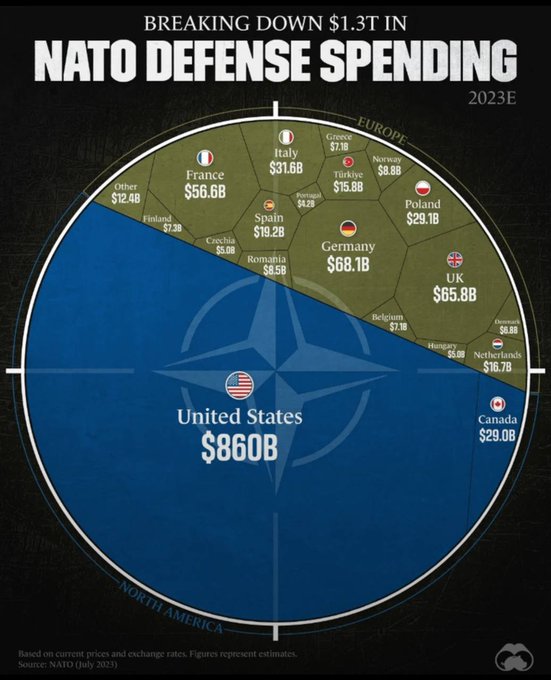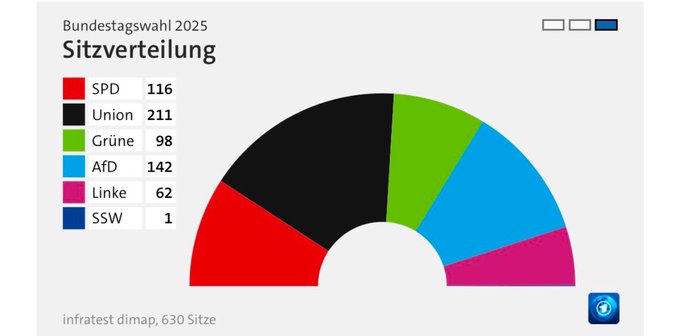You are using an out of date browser. It may not display this or other websites correctly.
You should upgrade or use an alternative browser.
You should upgrade or use an alternative browser.
MEGA!
- Thread starter Diogenes
- Start date
Hungarian PM Viktor Orbán says Ukraine will never become a member of NATO or the EU.
View: https://x.com/amconmag/status/1893479190189531590
View: https://x.com/amconmag/status/1893479190189531590
Women’s safety and open borders do not go together. That’s why more and more women are voting for the AfD.
View: https://x.com/iamyesyouareno/status/1893494576524013624
View: https://x.com/iamyesyouareno/status/1893494576524013624
"We are a stronger and safer Europe with President Trump back in the White House".
Italian PM Giorgia Meloni gives her full support to @realDonaldTrump and VP @JDVance in a stirring speech at CPAC today. The Italian leader also spoke of national sovereignty over leftist totalitarianism and common sense over woke insanity. GOD bless this beautiful woman.
Forza Italia!
Even you must know the wealthiest nation adds the most money while giving the same approx. percentage of GNP.
Even you must know the wealthiest nation adds the most money while giving the same approx. percentage of GNP.
The U.S. contribution to NATO is typically measured in terms of its defense spending relative to its Gross Domestic Product (GDP), not Gross National Product (GNP), as GDP is the standard metric used by NATO and most modern economic analyses.
However, since Nordberg specifically said GNP, I'll address it accordingly.
NATO funding consists of two main components: direct contributions to the alliance’s common budgets (civil, military, and infrastructure) and indirect contributions through national defense spending.
The direct contributions are based on a cost-sharing formula tied to Gross National Income (GNI), which is similar to GNP but uses slightly different accounting standards.
For 2024, the U.S. contributes approximately 15.8% of NATO’s common budget, which totals around $4.1 billion (3.8 billion euros). This equates to roughly $647 million from the U.S. In terms of U.S. GNP, which was approximately $28 trillion in 2024.
So, to answer Nordberg's question directly: the U.S. contributes about 0.0023% of its GNP to NATO’s common budget. If he's asking about a percentage of GNP in the context of NATO’s 2% guideline, it’s around 3.31% of GNP.
@Grok
T. A. Gardner
Serial Thread Killer
You are wrong.Even you must know the wealthiest nation adds the most money while giving the same approx. percentage of GNP.
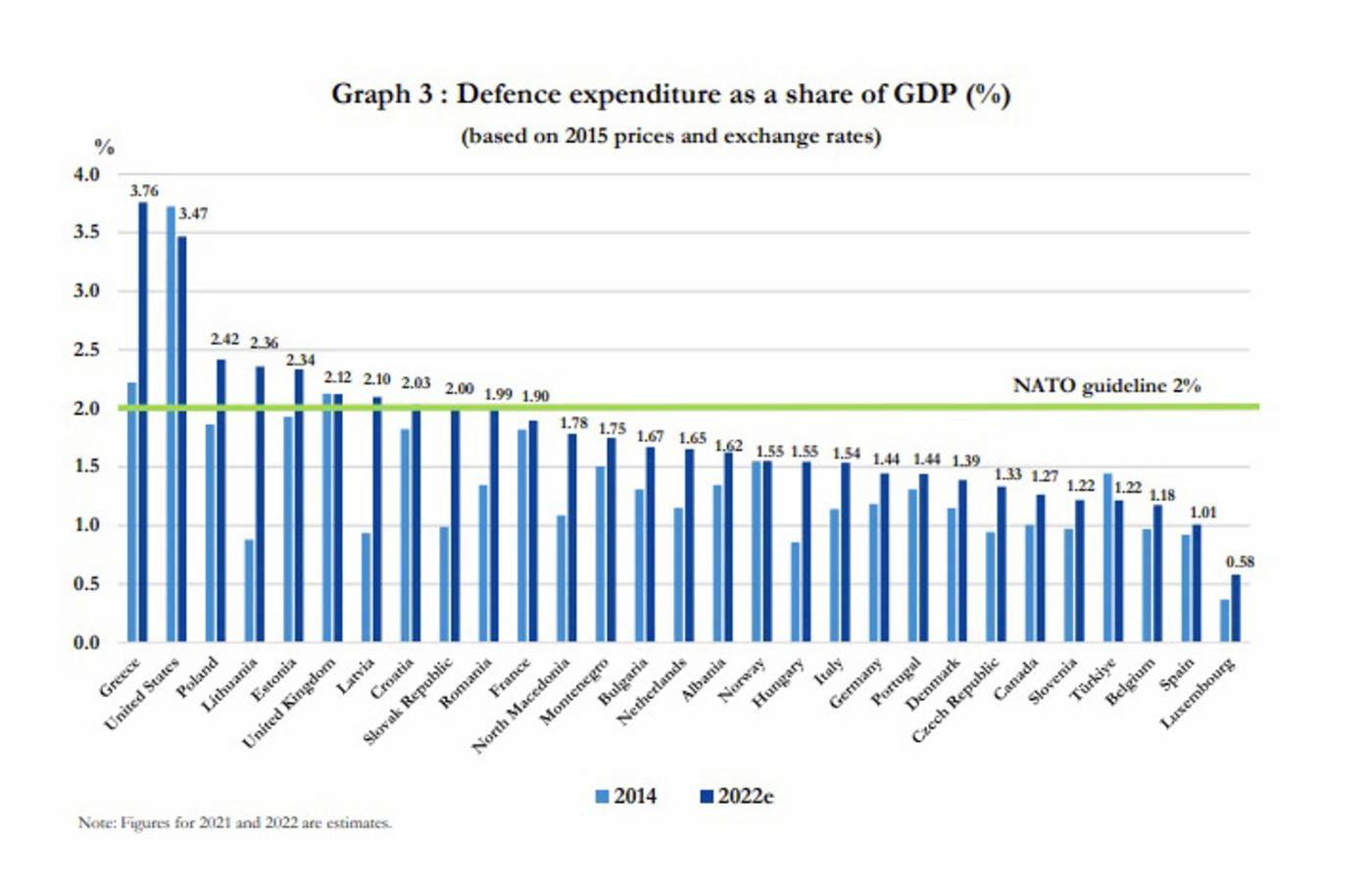
We have the wealth. It gives us more control over NATO. America spends way too much on the military. We have bases in all NATO countries, lots of them. We always knew Russia would expand into Europe, and they have. We should provide more help because it is cheaper than fighting wars ourselves.
We have the wealth. It gives us more control over NATO. America spends way too much on the military. We have bases in all NATO countries, lots of them. We always knew Russia would expand into Europe, and they have. We should provide more help because it is cheaper than fighting wars ourselves.



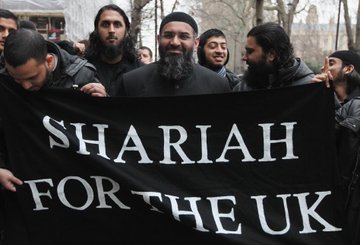

HISTORY REPEATS ITSELF
The Battle of Vienna, which took place on September 11-12, 1683 was a pivotal moment when European forces halted the Ottoman Empire's advance into Central Europe, effectively curbing Islamic expansion westward at that time.
The Ottoman Empire, under Grand Vizier Kara Mustafa, had pushed deep into Europe, laying siege to Vienna with an army estimated at 100,000 to 150,000 strong.
Vienna was a strategic prize, seen as the gateway to Western Europe. By late summer 1683, the city was on the brink; its defenses crumbling, its people starving, and disease spreading after two months of bombardment.
The turning point came with a coalition of European forces, primarily led by King John III Sobieski of Poland.
He commanded a combined army of about 70,000-80,000, including Polish-Lithuanian troops, Habsburg forces, and reinforcements from Bavaria, Saxony, and other Holy Roman Empire states.
On September 12, Sobieski launched a massive cavalry charge—history’s largest, with around 18,000 horsemen, including his famed Winged Hussars—down from the Kahlenberg heights.
The Muslims, caught off guard and stretched thin, broke under the onslaught.
By day’s end, Vienna was relieved, and the Islamic army was routed, leaving behind thousands dead and their camp in disarray.
The aftermath was decisive. The Muslims lost momentum, retreating eastward, and their dream of conquering Europe faltered. Kara Mustafa was executed by order of the Sultan for his failure.
For Europe, the victory sparked a counteroffensive, with the Holy League—formed by the Habsburgs, Poland, and others—pushing the Ottomans back over the next decades, reclaiming Hungary and parts of the Balkans. It’s often framed as a clash of civilizations, with Christian Europe staving off Islamic conquest.
@Grok
Germany's election turnout is at 52% as of early afternoon, up from 36.5% four years ago.
If AfD and right-wing parties win the majority but are blocked from forming a coalition, it raises big questions. By combining forces against the party the majority of voters want, minority parties can exclude them from coalition governments.
The same thing happened in France recently.
This is why America should maintain what is essentially a two-party system, BTW, @Damocles.
If AfD and right-wing parties win the majority but are blocked from forming a coalition, it raises big questions. By combining forces against the party the majority of voters want, minority parties can exclude them from coalition governments.
The same thing happened in France recently.
This is why America should maintain what is essentially a two-party system, BTW, @Damocles.

